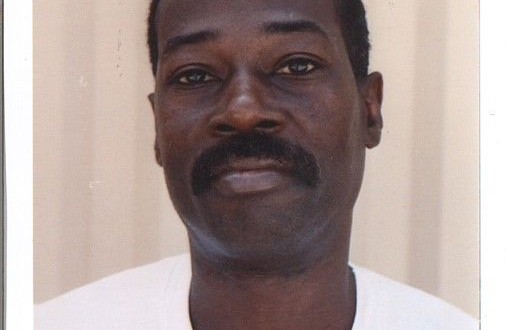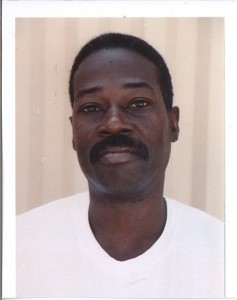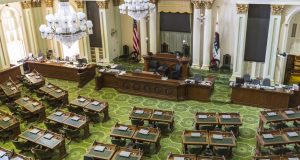By Naomi K. Bonman
When we hear of our young Black men and teenagers deterring in the wrong direction, we give them the wrong response by turning our heads and ignoring them. They need solid advice and a positive, but raw message from someone, preferably another Black male, who has been where they have been and has or is experiencing the consequence. This will showcase as an eye opener and wake up call for many.
In lieu of making this happen is through a media platform entitled, Gangster Chronicles. Gangster Chronicles is geared towards giving current and ex-convicts the ability to share their stories, put an end to mythologies by unveiling hidden stories and reach the youth through literature. The roster consists of men who were leaders of well-known gangs, such as the Vicelords and Black Mafia, and even a man who inspired a character on the popular HBO series “The Wire.”
John Griffin, member of the group known as the Philadelphia Black Mafia continues to battle a wrongful prison murder conviction, for which he is serving life, and for which he has already served 40 years. Although charged with the Hanifi case, he was tried and acquitted of this crime. He holds college degrees in both Human Services and Marketing. John can discuss what lead him to the black nationalist ideology of the Nation of Islam, community activism, and crime.
What was your life like before you got locked up?
For me, life before incarceration felt promising because of the people in my life, I never felt limited. My mother was widowed at an early age, but alone, she raised me and my brother to be confident and respectful individuals. At age 12, I went to work after school so that I could buy my own clothes. By the time I was 22, I was married to my first wife, had 3 children, and was managing clothing stores in Center City Philadelphia. Over the next 5 years, my marriage ended in divorce, I remarried and fathered 4 more children.
What led you to a life of crime?
I grew up in North Philadelphia. In the environment in which I was raised, crime and hustle were synonymous. From my first employer to my last, hustling was a part of their business practice. I was taught to pressure-sale clothes that had been stolen and delivered to Center City Philadelphia stores, so crime had always been present in my life. However, once I and others became aware of the need to control the economy in our communities, we targeted the illegal activities there. I had always worked with the Jewish jewelers, who resold stolen items, and Italian gamblers, who set up card games and controlled most of the drugs in our community. So, once we put a dent in their operations, we set our sights on the stores and bars in our neighborhoods. We felt these business should be Black-owned, so we designed ways to make that happen.
What have you learned about yourself since you’ve been in prison?
By shackling the human body and human spirit, prisons are designed to demoralize and destroy. To quote Oscar Wilde, “The vilest deeds like poison weeds, bloom well in prison air.” Though I never committed the murder for which I am in prison, I accepted that my life style made it easier for those who desired to charge me with this crime.
Upon my incarceration, one of the things I discovered was that we still have a responsibility to our families, especially our children, Those of us who may have been conscious and sincere enough to make positive contributions to our communities, removed and de-legitimize ourselves in the struggle. We must try harder to show them a positive side of ourselves. We must try to guide them in a different direction, one that leads away from prison.
What led you to the Black nationalist ideology of the Nation of Islam?
I was always concerned about the welfare of my people. Raised at a time when the evening news showed Blacks being beaten, brutalized and shot down in the streets; of course, I was one of those who became angry. I listened to various black leaders at that time, some not much older than myself. But, it was Malcom X’s interpretation of Elijah Muhammad’s teachings that I most admired. As I said earlier, my Mother raised her sons to be confident and respectful. I saw in the Nation of Islam, at that time, black, confident and respectful acting men, who were not afraid to stand up for what they believed. Basically, I was attracted to the nationalistic ideology of the Nation of Islam, more than the spiritual aspects of it. As a young man, tired of hearing whites refer to us as boys, the Nation of Islam was what I thought was needed in our lives.
 Westside Story Newspaper – Online The News of The Empire – Sharing the Quest for Excellence
Westside Story Newspaper – Online The News of The Empire – Sharing the Quest for Excellence





